Some Batek living in a village called Kampung Dedari, located in Malaysia’s Taman Negara National Park, have changed their minds about the value of their young people getting a formal education. Ahmad A. Talib traveled up the Tembeling River to visit the village, interview some parents and children, and write a piece last week for the Malaysian newspaper New Straits Times.
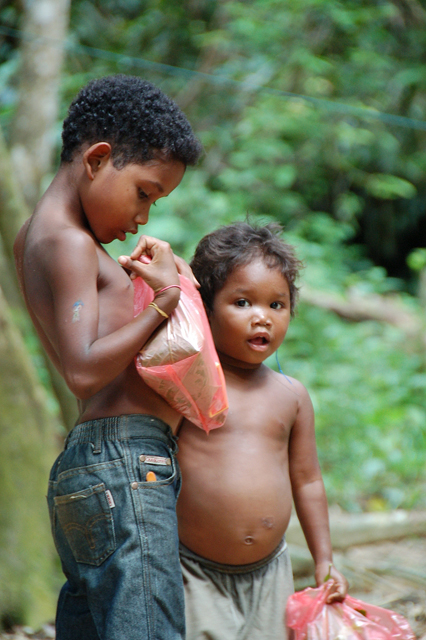
According to the writer, 16 years ago some Batek children from the villages along the Tembeling were enrolled in a school for about two weeks until they fled back home and never returned. He doesn’t say where but it was presumably a residential school in one of the towns on the periphery of the park, perhaps Kuala Tahan or Jerantut, commercial centers also located on the river.
The presumed reason was that getting an education had never been a priority for the Batek. Their schooling had consisted of learning to live in the forest, skills taught by a child’s parents and passed down through the generations. Attending school could be compared to serving time in prison, they felt.
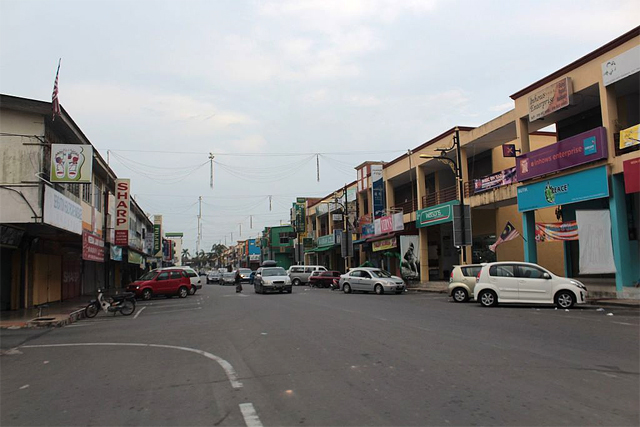
But the 55 children in Kampung Dedari are now being exposed to an experiment. All of them, ages 6 through 16, have been grouped into a single class at a national school in Jerantut called, in Malay, the Sekolah Kegangsaan Kuala Tahan. The initiative was started by the school itself plus the JAKOA (the Malaysian Department of Orang Asli Development), the District Education Office, and an organization called the Kelab Pencinta Burung Taman Negara. That translates as “Bird Group Taman Negara,” an NGO that advocates for the study and protection of birds and their forested habitats in the national park. Roslan Abu Kassim, an experienced nature guide, is the major force behind the new program.
Roslan explained the reasoning behind putting all the children in the same class: the arrangement will last for six months while the kids are acclimatized to the environment of being at school. Then they will go into appropriate age classes. Their instruction in spelling, reading and math skills will be included in the coming months with such basics as appropriate discipline in a school environment, proper ways of interacting with other students and teachers, and how to use a toilet. In essence, it is a pre-school setup for kids who have never attended a school. After two months of the pre-school so far, the youngsters can do some reading and counting.
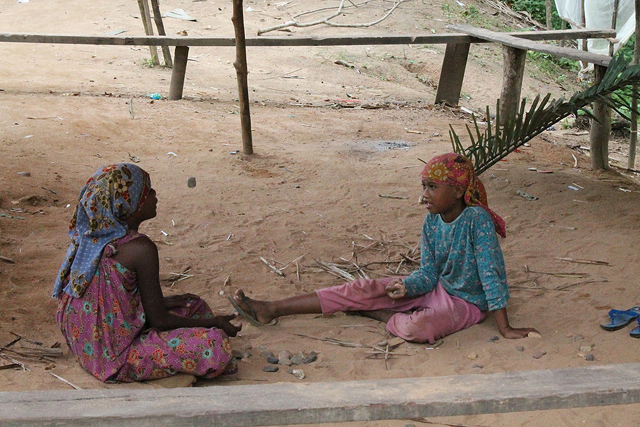
The author of the news report writes that the parents back in Kampung Dedari believe their children’s lives can be improved through formal schooling. One 12-year old, named Tahan An, has already been affected by the school. When the author asked him what he hopes to become when he grows up, he replied that he wants to be head of JAKOA. The picture of him that accompanies the article, surrounded by a group of admiring classmates, shows a cute kid wearing an orange jacket whom the reader can easily suspect may well achieve that goal.
Tahan’s father said, in English translation, “We have wasted many years. Now, we want our children to be able to communicate with the outside world and bring development to our village.” Another parent told the writer that they want their children to study, and to not be like their parents. A third parent said, “Let these children attend school. They can learn and be somebody.”
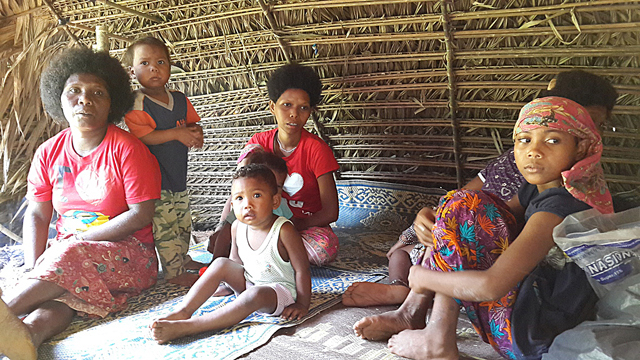
A news article just two years ago described Kampung Dedari after the community had recently opened itself to tourists. The village headman, Sena, told members of the visiting press group in March 2016 that none of the children attended school—they grew up learning how to hunt, fish, and gather forest foods from their parents. He told the journalist writing the 2016 article that “his community preferred to lead a simple and peaceful life, where the men go hunting and fishing while the womenfolk cook and look after the children.”
Other than the quotes by the parents, it is still not completely clear from the article last week why the people changed their minds about the value of preserving their traditional lifestyles versus accepting modernization. But the article does emphasize how strongly the parents in Kampung Dedari really are behind the initiative. Six parents have given up their foraging in the forest to staff the three boats being used to transport the kids along the river both ways every day from the village to the school and back.
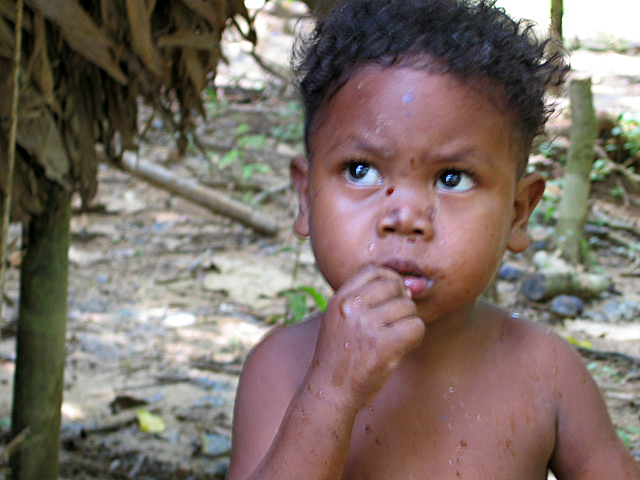
Roslan, the spark-plug behind the initiative, secured funding from sponsors to get the program going and to pay the six people who are staffing the boats RM30 per day or 600 per month each. The total amount needed to sponsor the program is thus RM 3600 (US $920) per month. Ahmad A. Talib, the author of the piece, provides his email and Twitter contacts in case readers want to help. If enough sponsors don’t step forward, the program might be in danger. He can be reached via [email protected] and Twitter: @aatpahitmanis. He was clearly impressed by what he saw.